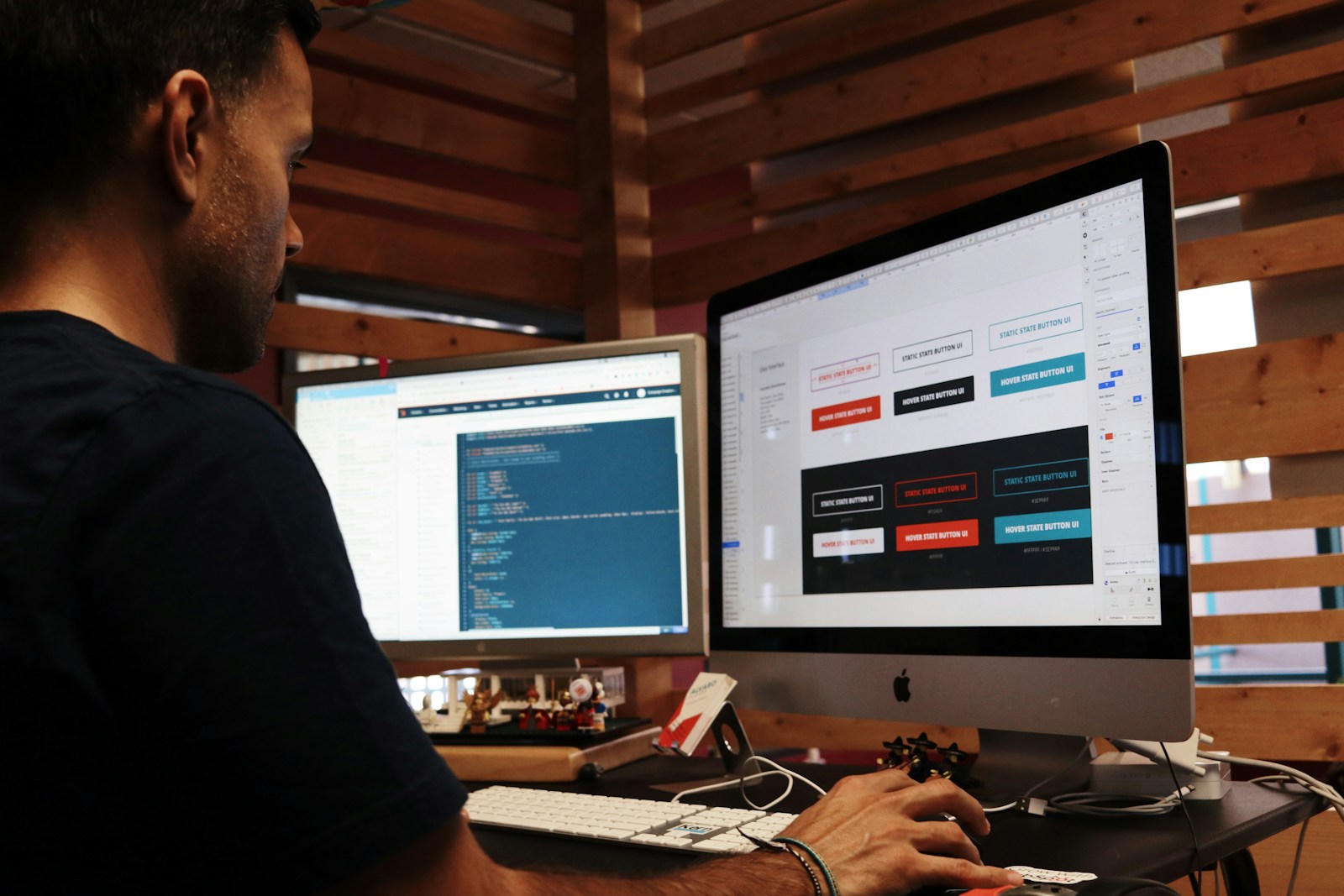Introduction
As an entrepreneur, innovator, and AI enthusiast, I’m often fascinated by the roots of artificial intelligence (AI) and the individuals who laid the groundwork for this transformative field. In this article, we’ll delve into the question: Who is the father of AI? Join me on this exploration as we uncover the key figures and contributions that have shaped the landscape of artificial intelligence.
The Origins of AI
Artificial intelligence, as we know it today, has its roots in centuries of human imagination and scientific inquiry. However, the formalization of AI as a field of study began in the mid-20th century, with groundbreaking work by pioneers such as Alan Turing, John McCarthy, and Marvin Minsky.
Alan Turing: The Visionary Mathematician
Alan Turing is often regarded as one of the founding fathers of AI. His groundbreaking work laid the theoretical foundation for modern computing and AI. Turing’s famous Turing Test, proposed in 1950, set the benchmark for determining a machine’s ability to exhibit intelligent behavior indistinguishable from that of a human. While Turing’s contributions were primarily theoretical, his vision paved the way for subsequent advancements in AI research and development.
John McCarthy: The Architect of AI
In 1956, John McCarthy organized the Dartmouth Conference, widely considered the birthplace of artificial intelligence. McCarthy, along with fellow researchers Marvin Minsky, Claude Shannon, and Nathaniel Rochester, coined the term “artificial intelligence” and outlined the goals and scope of the field. McCarthy’s work laid the groundwork for AI as an interdisciplinary field encompassing computer science, mathematics, psychology, and linguistics.
Marvin Minsky: The Pioneer of Neural Networks
Marvin Minsky was a key figure in the early development of artificial intelligence. His research focused on the creation of artificial neural networks, inspired by the structure and function of the human brain. Minsky’s contributions to the field of AI laid the foundation for neural network theory and paved the way for advancements in machine learning and cognitive science.
The Evolution of AI
From its humble beginnings in the research labs of academia, AI has evolved into a ubiquitous force shaping our daily lives. Today, AI-powered technologies drive innovations in fields ranging from healthcare and finance to transportation and entertainment. As an entrepreneur and AI enthusiast, I’ve witnessed firsthand the transformative impact of AI on industries and societies worldwide.
Empowering the Future of AI
As we reflect on the question of who the father of AI is, it’s essential to recognize that artificial intelligence is a collaborative endeavor fueled by the contributions of countless researchers, engineers, and visionaries. While Turing, McCarthy, and Minsky played pivotal roles in laying the groundwork for AI, the field continues to evolve thanks to the efforts of individuals and organizations pushing the boundaries of possibility.
Join the Journey
If you’re passionate about AI and eager to explore its limitless potential, I invite you to join me on the journey of discovery. Whether you’re a seasoned professional or a curious enthusiast, there’s never been a better time to dive into the world of artificial intelligence.
Explore cutting-edge AI technologies at LearnyHive, where we empower students and professionals to unlock their full potential in the field of artificial intelligence.
Transform your online presence with custom web development services from UnikBrushes. Our team of experts specializes in creating visually stunning and user-friendly websites tailored to your unique needs.
Conclusion
As we ponder the question of who the father of AI is, let us remember that the true essence of artificial intelligence lies not in the achievements of individuals but in the collective pursuit of knowledge and innovation. Together, we can harness the power of AI to shape a brighter future for generations to come.
Thank you for joining me on this exploration of the origins of AI. Until next time, keep innovating and embracing the possibilities of tomorrow.




